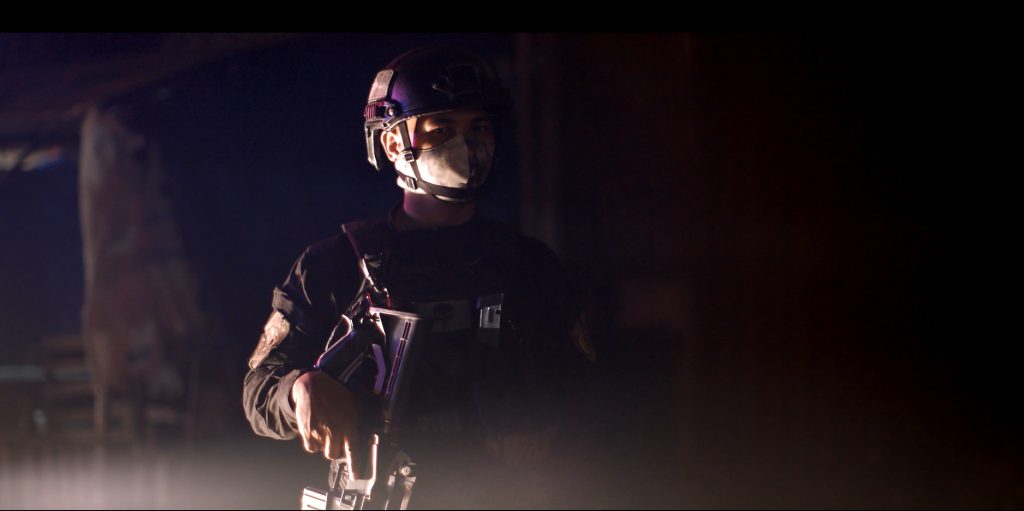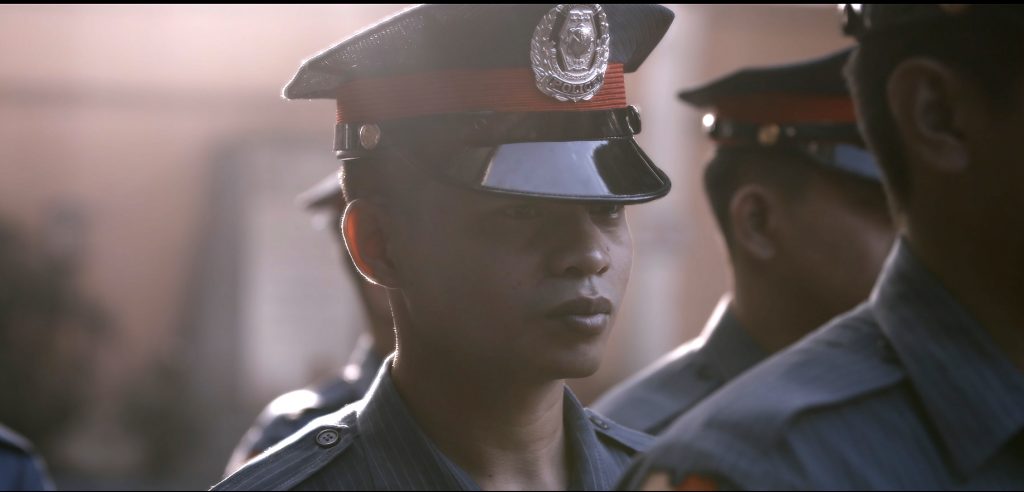(THIS ARTICLE IS MACHINE TRANSLATED by Google from Norwegian)
Half a year into the so-called drug war in the Philippines, I interviewed two elderly women in outer Metro Manila near the airport. Both had lost sons when unidentified persons shot them down. Both feared for their own lives because they were confident the local police were behind the killings and because they were determined to demand justice, even though they were almost as sure they would never achieve it.
After spending the day in their (deeply impoverished) neighborhood, I went to one of the oldest and most expensive gated communities in Metro Manila, Forbes Park, where I was invited to a reception with Danish diplomats and expats. That night I was told that I should stop writing so much about the war on drugs and the extrajudicial killings. Instead, I should write about all the good things President Rodrigo Duterte did.
Before I regained my composure after hearing diplomats from a country boasting of his freedom of expression, telling a journalist what to write about and what not, another diplomat followed up: “You know, the war on drugs doesn't really affect our daily lives . "
Wow, no shit, Sherlock. However, how could it also affect everyday life in Forbes Park? But for the two women who mourned the loss of their sons in a poor squatter area just a few train stations away from this well-guarded neighborhood, it affects pretty much everyday life.
Facts and focus
Occasionally, however, it may seem as if everything has already been said about Duterte's drug war. It goes for poor drug users, not rich drug barons. It creates overcrowded prisons and overcrowded morgues. The drug industry as such is at best only mildly affected by the situation. The war has created the perfect impunity for the killing of anyone that no one likes, including political opposition. And yes, the official figures on how many killed by police are just the tip of the iceberg; Out of the thousands of unresolved gunfire in the streets, the police are behind many of them.

The only ones who deny these facts are either so-called DDSs – Duterte Diehard Supporters (many of whom do not deny facts, they are just not upset about them) – or simply cynics who are completely untouched by real life that is lost and destroyed and, for various reasons, has an interest in shifting focus.
Kill and kill
Do we really need another documentary about this? I'm not sure. Action would be more useful. But if French award-winning documentary filmmaker Olivier Sarbil – who himself points out that he was critically wounded during the coverage of the war in Libya – may make more people realize what's going on in the Philippines On the President's Orders (as his documentary states) The documentary – which premiered at CPH: DOX – focuses heavily on Caloocan, a heavily urbanized part of northern Metro Manila. The choice of this particular location is because from the start it was one of the most violent zones in the drug war, where the corpses accumulated. In response to civil protests, the police chief was replaced, and for a brief period, the killings almost ceased. Until they were resumed in a new form.
Movies like this should help to make the drug war apologists think an extra time, but it probably doesn't.
As such, location is well chosen and the narrative structure is well screwed together. The team behind the documentary has also succeeded in obtaining valuable interviews and sources among police as well as civilians, as well as the recordings being skilfully conducted and edited.
Those who remain
Rather than a French documentary team (or a Danish freelance journalist), the brave professionals who deserve respect for their tireless and fearless documentary efforts are the local Filipino journalists who are exposed to all kinds of reprisals to suit their work. From being assaulted and killed – the Philippines has long been one of the world's most dangerous countries for journalists, and it has not gotten better under Duterte – to be constantly harassed with lawsuits, such as the editors of the media platform Rappler currently become.

Nevertheless, shows On the President's Orders with all (un) desirable clarity how the Philippine President has created "a legal structure for mass murder", as one demonstrator featured in the documentary puts it. Movies like this should help to make the drug war apologists think an extra time, but it probably doesn't.






